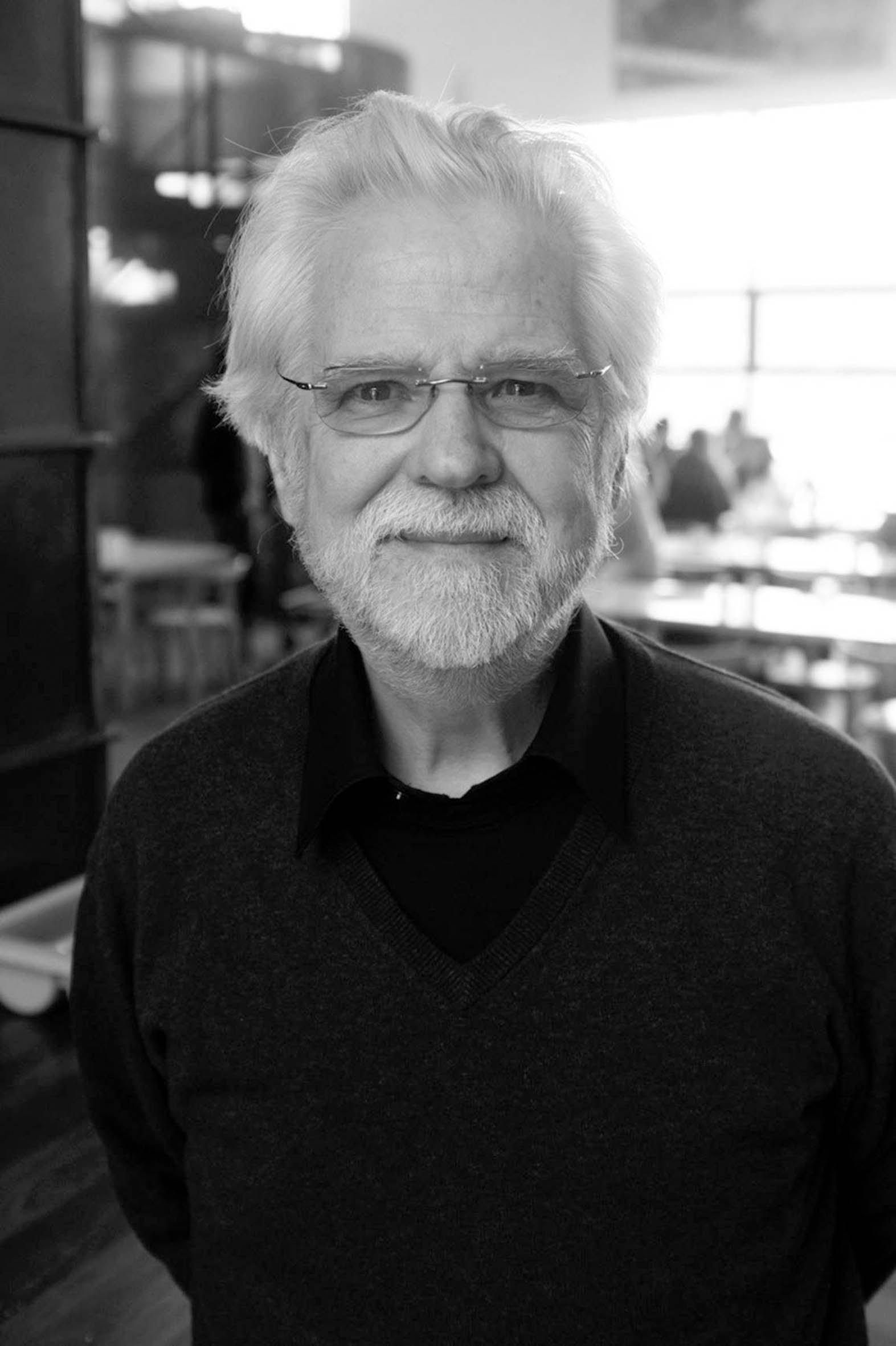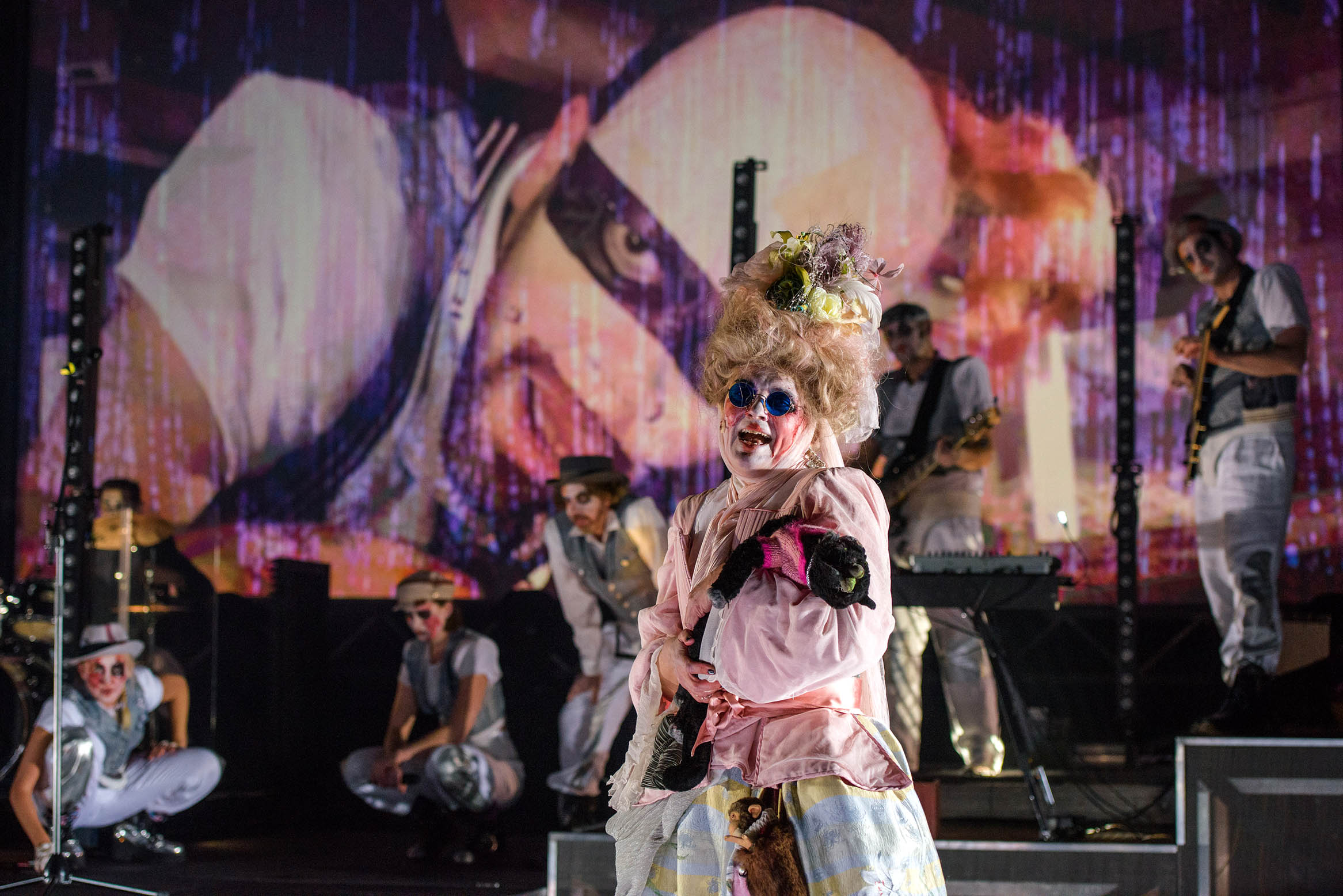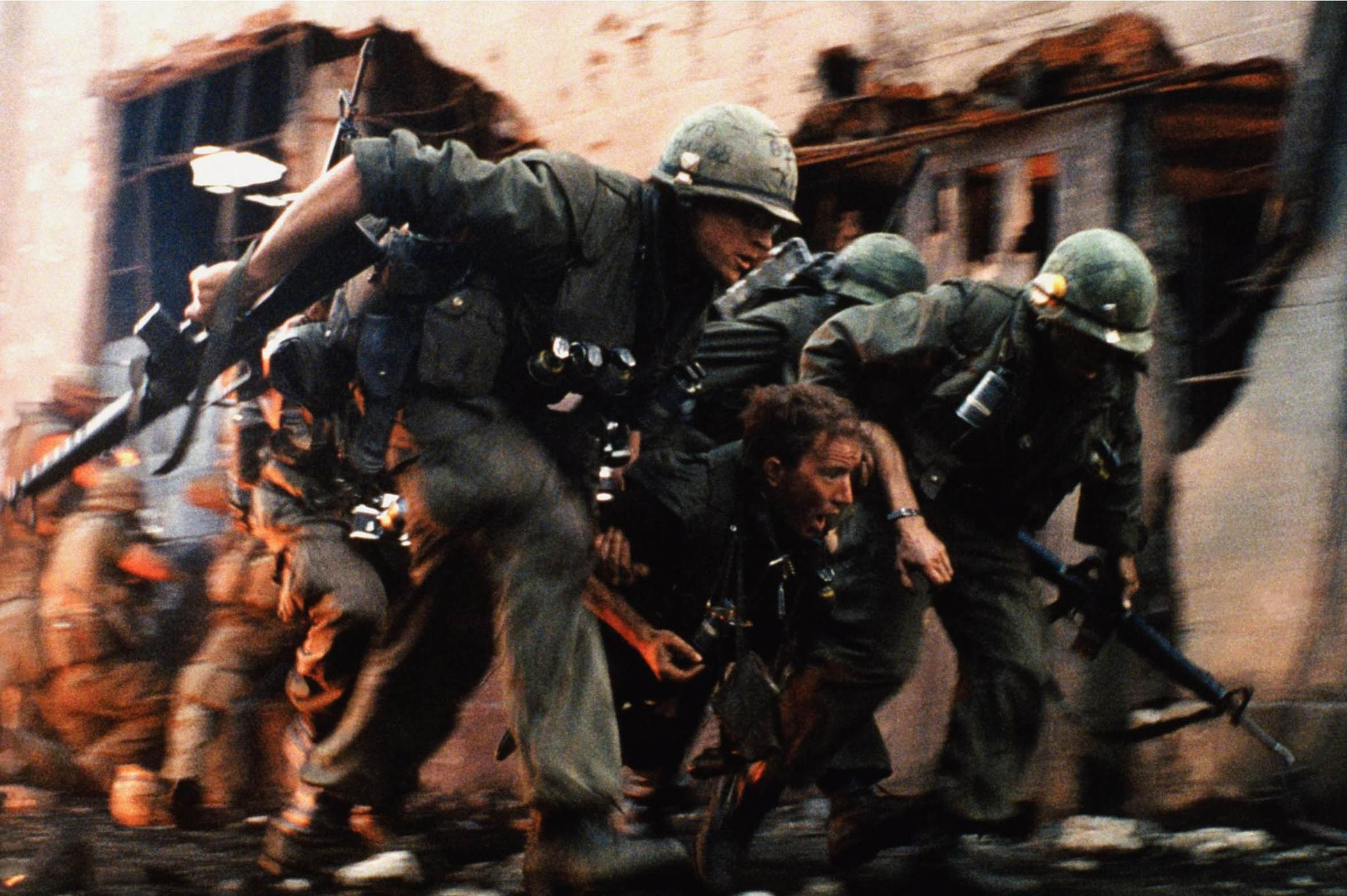Perfectionists: Screenwriter and director Stanley Kubrick took great care in researching his films and staging scenes, and often demanded several retakes. Photo: Metro Goldwyn Mayer
‘The greatest films — or any great work of art — will remain as an important witness for the time in which it was created and is as important for the living as it is for the yet to be born,” Jan Harlan told the Mail & Guardian. Harlan worked alongside American film director, screenwriter and producer Stanley Kubrick as an executive producer. In conversation with the organisers of the Dublin International Film Festival, he elaborated on how the work of his old friend and colleague was done with that ethic in mind.
“The essence of all Kubrick films is looking at human frailty, at human vanity, at the fact that we fancy ourselves to be governed by our intellect and knowledge, education and ability to think analytically — which is all very, very, very good. But when it really matters, we are governed by our emotions … that interested Stanley, because nothing has changed. It is the same problem we have today.”
After being in the film industry for half a century, Harlan has grown “more demanding” and “easily bored” with the mediocrity that comes with the ease and lowered cost of making films today. The German-American producer is unwavering in his efforts to impart his wealth of knowledge to succeeding generations of filmmakers.
Kubrick persuaded Harlan to leave his work in business organisation and planning to join him in the film business. They had been good friends for five years and Kubrick was married to Harlan’s sister Christiane, so he decided to give it a shot.

After being friends with Stanley Kubrick for five years, Jan Harlan joined him as a film producer in 1969. Photo: Supplied.
“I had no education in film at all. My involvement with film production was due to Stanley Kubrick and his winning and strong personality. When I joined him in 1969, I planned to work with him just on the Napoleon project in England, Romania and France,” explains Harlan.
The film Harlan refers to was supposed to document the French military leader’s rise to prominence during the French Revolution. The never-screened epic was put on hold by MGM Studios for what Harlan hopes were good reasons. (It is now being reconstructed by film director Cary Fukunaga as a six-hour series for television network HBO.)
In spite of this setback, Harlan and Kubrick worked on productions such as Barry Lyndon, The Shining, Full Metal Jacket, Eyes Wide Shut and A Clockwork Orange.

A scene from the disturbing A Clockwork Orange. Photo: Supplied Candy Welz/ Zentralbild
“I liked him, and so a relationship was formed that lasted for 30 years and beyond,” said Harlan.
Harlan directed the in-depth documentary series Stanley Kubrick: A Life in Pictures.
Although Harlan was given the title of executive producer, after the first film he and Kubrick worked on together, he calls it a “meaningless title”. Harlan took care of the day-to-day administrative and financial dealings for Kubrick’s films.
“My role was planning, getting rights and permissions, negotiating, being a link to the studios, getting contracts with agents, and even [getting] three period tanks from the Belgian army for Full Metal Jacket,” Harlan says nonchalantly. “Film production is a manufacturing process. The art comes in through artists, through writers, directors, designers and actors.”

Partnership : Full Metal Jacket was one of several films Jan Harlan produced over three decades together with director Stanley Kubrick. Photo: Supplied.
Although the construction of films, in terms of narrative and cinematography, lies in the hands of the artists he speaks of, their execution would not be possible without the Harlans of the industry.
The veteran producer does not think he is selling himself short. In fact, he refers to himself as being an outstanding right-hand man with the crucial role of “actively helping”. Kubrick’s films were produced prior to the advent of computer-generated imagery for special effects, so Harlan had to go to great lengths to solve problems.
In 2001: A Space Odyssey they had to use elaborate sets — such as the 30-tonne Ferris wheel to create the illusion of a rotating spaceship — and innovative camerawork to make the space visuals realistic.
For the war film on Vietnam, Full Metal Jacket, Harlan recalls the lengths he had to go through to hire the tanks. “I remember well an officer of the Belgian army who controlled three completely outdated US tanks from the Vietnam period. I wanted to hire these, but hiring out tanks was simply not in their books. After long chats we ended the negotiations with him simply saying, ‘Just bring them back’.”
Harlan says the only creative value he contributed was his developed appreciation of classical music as the son of opera singers.
“My only input in the films themselves was suggesting music, but never making the final choice. Music has always been a part of me. It is part of me, as are all things people fall in love with — as a teenager it was Bach and Louis Armstrong, and the huge repertoire of music from Vivaldi to Alban Berg was added throughout my life.”
Regarding Kubrick’s psychological horror film The Shining, Harlan says its opening sequence and the music that accompanied it, which he suggested, helped to set the tone.
“Stanley wanted it full of ambiguity. Nothing had to make sense, because the whole story doesn’t make sense — it’s a film about ghosts. The film starts, and in the first five minutes there’s something strange going on. Something strange coming out of the music, which is this mix of Hector Berlioz’s Dies Irae, electronically distorted,” he explains.
Harlan emphasises that the genius of Kubrick’s filmography was the result of a collaboration between resource management and narrative. For a solid narrative to be turned into a film that is considered great, it needs “a skilful director who can do much with very little money. This is an important aspect for me, since I am teaching at film schools and keep telling students that money is not the most important factor at all for making a great film.”
To impart this knowledge, Harlan will host a series of masterclasses at RapidLion — the South African International Film Festival at the Market Theatre. The topics include making a film on a limited budget, the art of short stories and the use of music as a pillar for any film’s structure.
Harlan encourages aspiring writers, editors and filmmakers to attend the masterclasses to gain some of the insights he got as Kubrick’s right-hand man.
“It is easy to make a film, [but] difficult to make one that others want to see — and a great film is almost a miracle, like a great novel, a great painting or a great composition. I’ll do my best to give them ideas, to encourage and to warn.”
RapidLion is on at the Market Theatre from March 1 to 10. Jan Harlan’s masterclasses are on March 2 and 3. Tickets from webticket.co.za. Tickets for students cost R75 a lecture and R165 for all three. For other people, tickets cost R255 a lecture and R550 for all three. For more information visit rapidlion.co.za